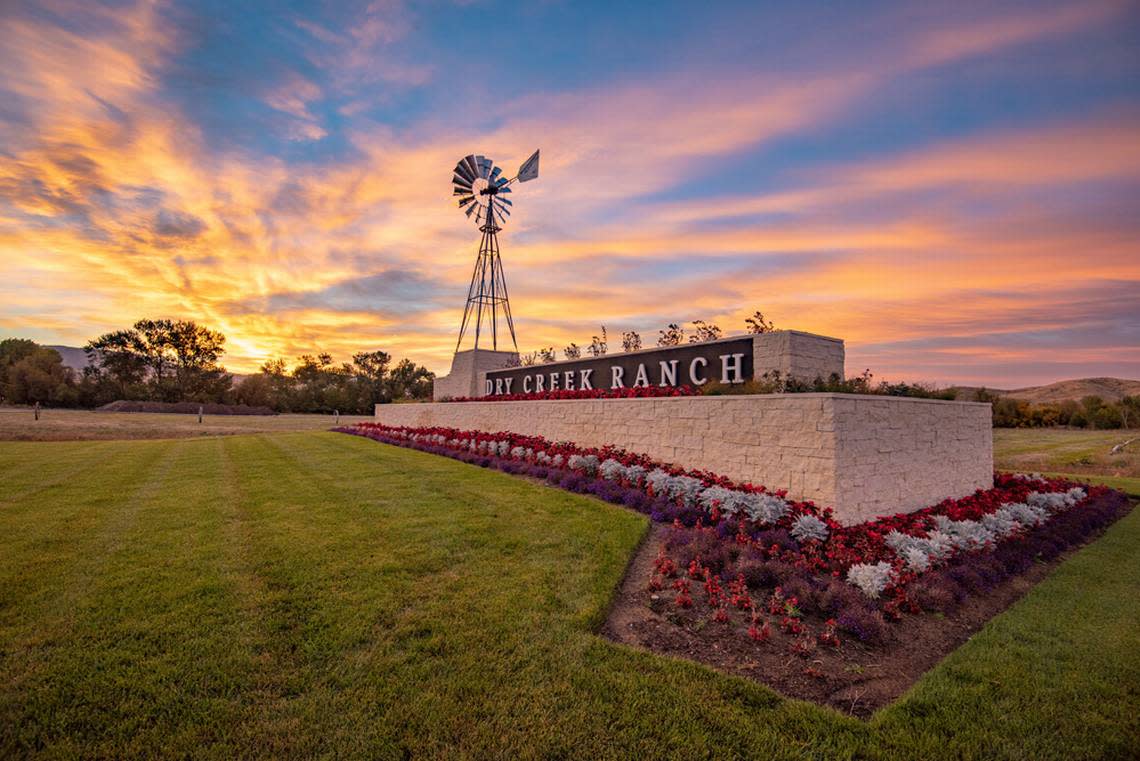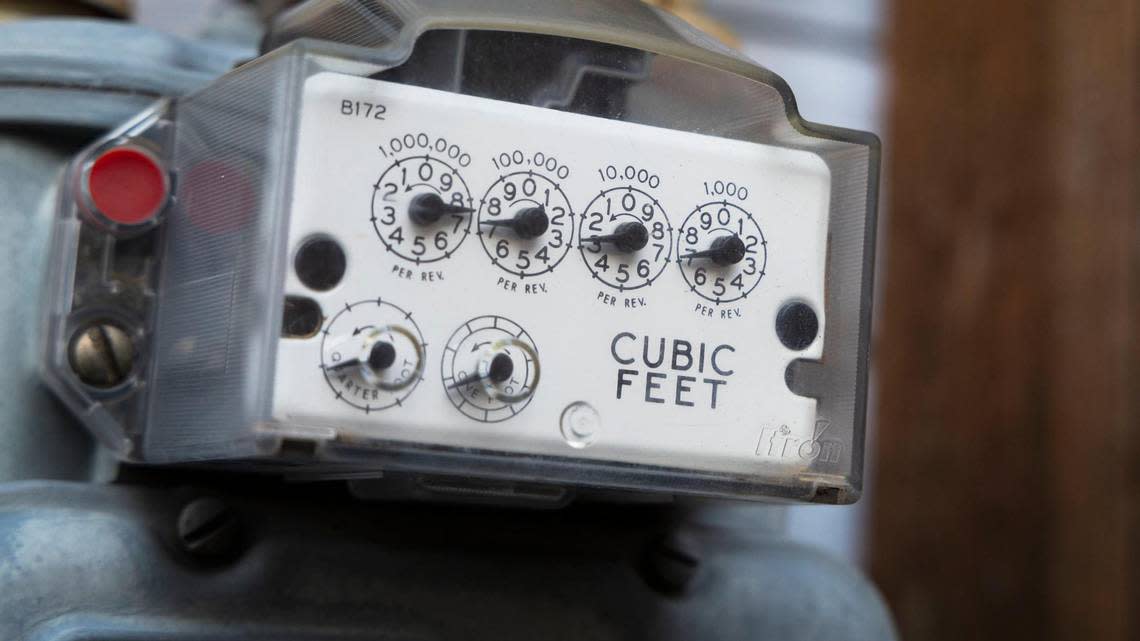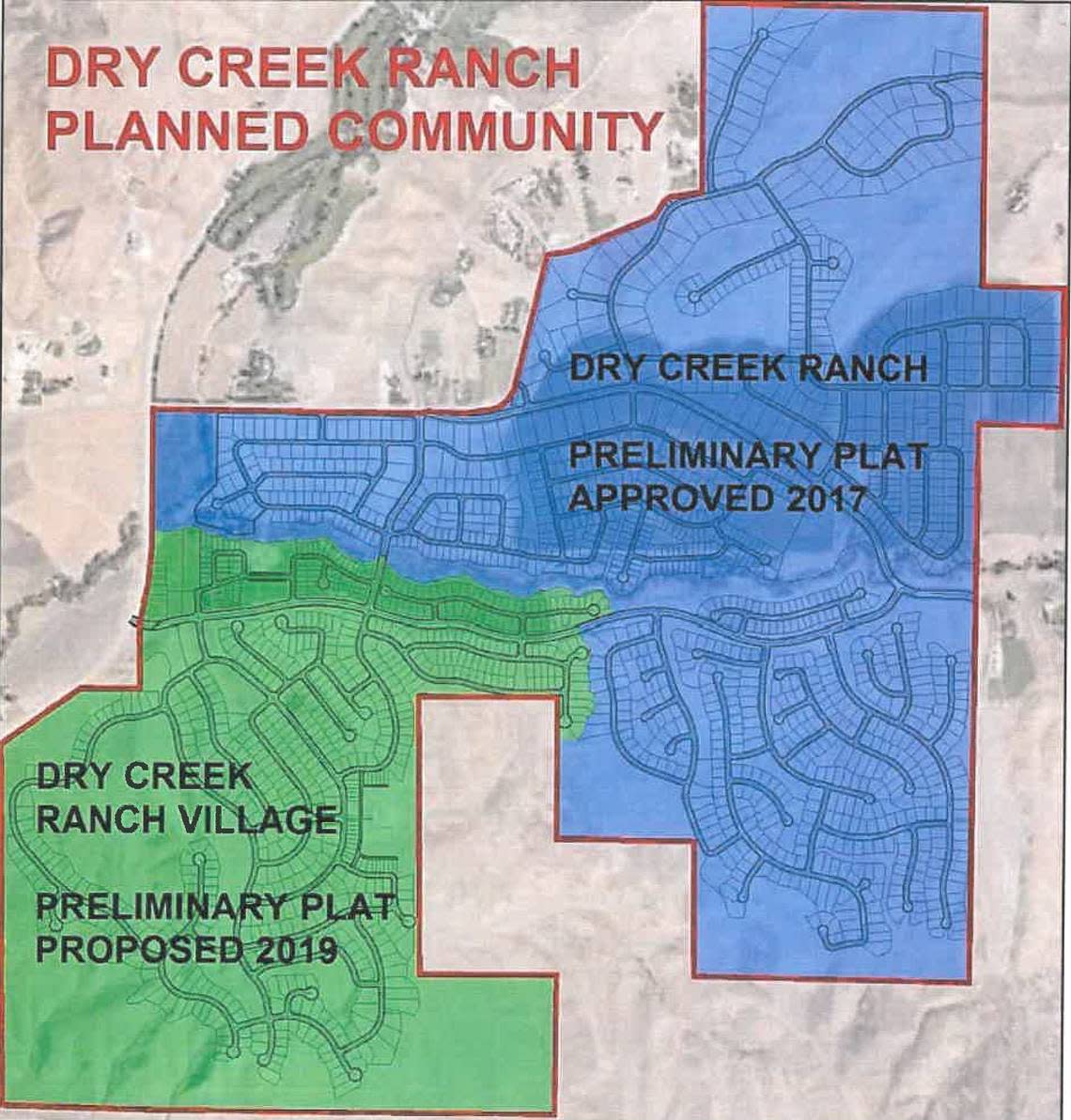What Little just did with a bill to help the developer of a big Boise-area subdivision
Idaho water companies nearly got a carveout that Gov. Brad Little said would have allowed them to operate as a monopoly. But Little vetoed the legislation Tuesday, denying it from becoming law.
Senate Bill 1323 sailed through the Senate last month in a 25-8 vote, with three Republicans joining the upper chamber’s five Democrats in opposition. The bill then passed by 10 votes in the House, where Republicans also maintain a supermajority.
The Senate failed to override Little’s veto on Wednesday with a 17-17 vote.
“I am concerned it would have unintended consequences on Idaho ratepayers,” Little said in a letter notifying Rep. Scott Bedke, president of the Senate, of his veto. “I am vetoing this bill because it would create a carveout for water companies to operate in Idaho as a monopoly.

“By exempting these water companies, their customers in Idaho would be without the Idaho Public Utilities Commission’s protections regarding fair, just and reasonable rates, safe and reliable service, and consumer protection,” Little wrote.
The bill appears to take aim at the PUC’s decision in 2023 to regulate water rates dictated by the homeowners association of Dry Creek Ranch, a planned community in the Boise Foothills, after residents complained of rising prices.
The Dry Creek Water Company previously operated as an unregulated public utility.
At least two residents complained that Boise Hunter Homes, the homebuilding company at the center of the complaints, told them that the HOA could raise rates as often as it liked and homeowners didn’t have a say, BoiseDev reported in 2023. One resident told the PUC of receiving a 37% rate increase with no explanation.

James Hunter, the president of Boise Hunter Homes, did not immediately return an after-hours phone call Wednesday seeking comment. Neither did Norman Semanko, a lawyer and a registered lobbyist for Boise Hunter Homes who is listed by the Senate as a contact on the bill. In a required 2024 filing, Semanko said he is representing the company on that bill only.

State Sen. Melissa Wintrow, a Boise Democrat and the Senate minority leader, told the Idaho Statesman on Thursday that the bill would have given homeowners associations too much authority. She said she was relieved Little vetoed it.
“The commission’s responsibility is to ensure fairness in utilities,” Wintrow said by phone. “That’s a really good use of government — to ensure the playing field is fair and that consumers don’t experience a price gouge, especially with something as precious as water.”
The bill sought to revise terms within the PUC’s scope of regulation. It would have changed “corporation” to exclude certain entities including homeowners associations, cooperatives and water districts.
It also would have amended the term “water corporation” to explicitly exclude any corporation or person owning, controlling, operating or managing a water system that delivers water to any single entity that is not itself defined as a corporation.
A fiscal note attached to the bill said the legislation would result in a decrease in the PUC’s costs, as the commission would no longer need to investigate, conduct formal proceedings or potentially regulate water companies that deliver water to a single entity that is not subject to its regulation.
“The legislation would also reduce the regulatory burden and associated costs on small water-user entities that have not historically been regulated by the commission,” the fiscal note said.

The PUC comprises three governor-appointed commissioners who serve staggered six-year terms. The agency regulates investor-owned or privately owned utility companies that provide gas, water, electricity or some telephone services in Idaho for a profit.
Sen. Van Burtenshaw, the chair of the Resources and Environment Committee, which sponsored the bill, did not immediately respond to a request for comment.
Governor called legislation to stop sale of ITD’s Boise campus unfair. What he just did
Electricity-hungry industry wants lower power costs. Would Idahoans have to pay for it?
With help from outside influence groups, Idaho lawmakers work to ban climate action
